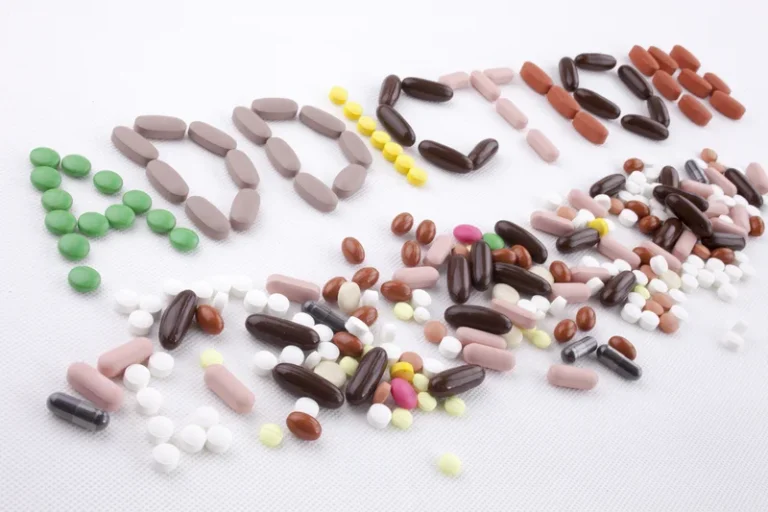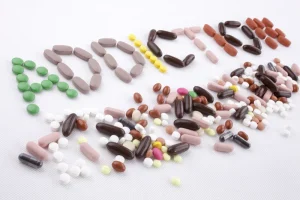Alcohol powder Wikipedia

While mild dehydration isn’t anything to worry about and can quickly be remedied by drinking water, moderate or severe dehydration can impair critical physiological functions. Once you consume alcohol, it’s already in your body and must be removed by the liver. The liver processes 3/4th of an ounce of alcohol per hour, and drinking water will not make it happen faster. If you or someone else is experiencing these symptoms, seek immediate medical attention.

What is a Standard Drink?
- Ethanol is heated with an excess of concentrated sulphuric acid at a temperature of 170°C.
- The high levels of sodium and sugar in Coke can also impact hydration levels.
- Remember, alcohol dehydration has both acute and chronic effects.
- So, when drinking liquors like whiskey and brandy, it’s especially important to consider how many drinks you’ve consumed versus glasses of water.
Alcohol will dehydrate you, which has adverse effects both in the short and long term. And if you need help with that, I’ve included some resources at the end of this article, including a quiz to help you assess your current drinking habits. If you don’t want to deal with dehydration from alcohol, the best (and most obvious) preventative measure is not to drink alcohol. Chronic dehydration due to alcohol consumption can lead to kidney damage and increase the risk of kidney stones and urinary tract infections. It can also cause muscle cramps due to an imbalance of electrolytes in the body, such as sodium, potassium, and magnesium, which are essential for proper muscle function.
Alcohol begins to build up in your bloodstream

Having a few drinks can be fun, but feeling dehydrated or hungover is not. It’s up to you to decide if the pleasures of alcohol are worth the potential next-day effects. Follow drinking behaviors that are best for you, not what everyone can alcohol be dehydrated else is doing. And above all, limiting your alcohol consumption in general is the best way to avoid dehydration.
Impaired cognitive function:
It is important for a person to be aware of the signs and symptoms of alcohol-induced dehydration and the ways to avoid it. When put into commercial production, it was expected to sell for €1.50 (approx. US$1.60) for a 20 gram sachet. A hangover is a collection of symptoms that you experience as a result of the effects alcohol has on your body.
- Alcohol’s diuretic effect stems from its ability to inhibit the secretion of vasopressin, also known as antidiuretic hormone (ADH).
- Alcohol does not create the effects of dehydration, electrolyte imbalance, and vitamin deficiency that we grew up believing it did.
- Consuming alcohol leads to dehydration and can affect several systems and functions in the body.
- Studies suggest that men and women should drink no more than four standard drinks on any one occasion to avoid excess.
- If you’re concerned about your alcohol intake, one doctor has revealed the main question you can ask yourself to help determine if your relationship with booze is unhealthy.
- Although we can’t fully prevent dehydration that accompanies drinking alcohol, we can take steps to help our body process the alcohol and lessen the effects of dehydration.
What Are the Symptoms of Alcohol Dehydration?
- This can occur after only a single episode of binge drinking and it may take a week or more to fully recover.
- Stoutz says the best way to hydrate is to alternate alcohol and water while you’re drinking.
- What’s the first piece of advice you heard when you started drinking alcohol?
- A heavy alcoholic drink like whiskey, brandy, or rum can dehydrate you more than lighter drinks.
Drinks with higher alcohol content, including vodka, whiskey, and rum, can have a stronger dehydrating effect than beverages with lower alcohol content, such as beer or wine. Without replenishing electrolytes, the body won’t be able to utilize the water you consume, leaving you dehydrated despite drinking plenty of fluids. Electrolyte imbalance can exacerbate dehydration and worsen the unpleasant aftereffects of drinking alcohol, including headaches, low energy, muscle aches, and poor sleep. Research published in Psychopharmacology found that alcohol suppresses the release of vasopressin, an antidiuretic hormone that regulates kidney function and urine production. While hangover symptoms may remain, be sure to drink water to help speed your recovery. Consuming alcohol leads https://ecosoberhouse.com/ to dehydration and can affect several systems and functions in the body.


Test sales began in 1977 under the trade name “SureShot”.1112 The product “Palcohol” was announced for future release alcoholism symptoms in the U.S. in 2015. If you stop making urine, your urine is very dark, or you have symptoms that are bad enough to impact your normal functions, go to an urgent care or emergency room for treatment and fluid replacement. Drinking more than that—especially with an already damaged liver—can cause alcohol levels to build. The key to avoiding dehydration is to pay attention to how your body responds to alcohol. Acetate and other waste products are then removed from the body as carbon dioxide and water, primarily through lungs. Although the kidneys remove waste products, most of the water loss is due to the effect of vasopressin.


Commenti recenti